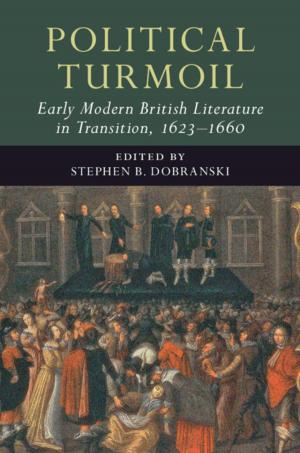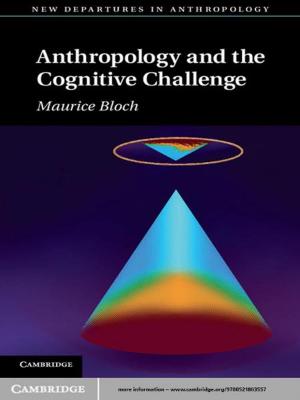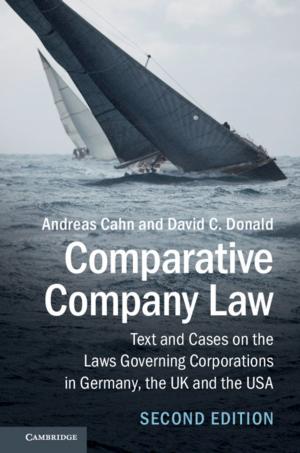Barbarian Migrations and the Roman West, 376–568
Nonfiction, History, European General, Ancient History| Author: | Guy Halsall | ISBN: | 9781107384958 |
| Publisher: | Cambridge University Press | Publication: | December 20, 2007 |
| Imprint: | Cambridge University Press | Language: | English |
| Author: | Guy Halsall |
| ISBN: | 9781107384958 |
| Publisher: | Cambridge University Press |
| Publication: | December 20, 2007 |
| Imprint: | Cambridge University Press |
| Language: | English |
This is a major survey of the barbarian migrations and their role in the fall of the Roman Empire and the creation of early medieval Europe, one of the key events in European history. Unlike previous studies it integrates historical and archaeological evidence and discusses Britain, Ireland, mainland Europe and North Africa, demonstrating that the Roman Empire and its neighbours were inextricably linked. A narrative account of the turbulent fifth and early sixth centuries is followed by a description of society and politics during the migration period and an analysis of the mechanisms of settlement and the changes of identity. Guy Halsall reveals that the creation and maintenance of kingdoms and empires was impossible without the active involvement of people in the communities of Europe and North Africa. He concludes that, contrary to most opinions, the fall of the Roman Empire produced the barbarian migrations, not vice versa.
This is a major survey of the barbarian migrations and their role in the fall of the Roman Empire and the creation of early medieval Europe, one of the key events in European history. Unlike previous studies it integrates historical and archaeological evidence and discusses Britain, Ireland, mainland Europe and North Africa, demonstrating that the Roman Empire and its neighbours were inextricably linked. A narrative account of the turbulent fifth and early sixth centuries is followed by a description of society and politics during the migration period and an analysis of the mechanisms of settlement and the changes of identity. Guy Halsall reveals that the creation and maintenance of kingdoms and empires was impossible without the active involvement of people in the communities of Europe and North Africa. He concludes that, contrary to most opinions, the fall of the Roman Empire produced the barbarian migrations, not vice versa.















